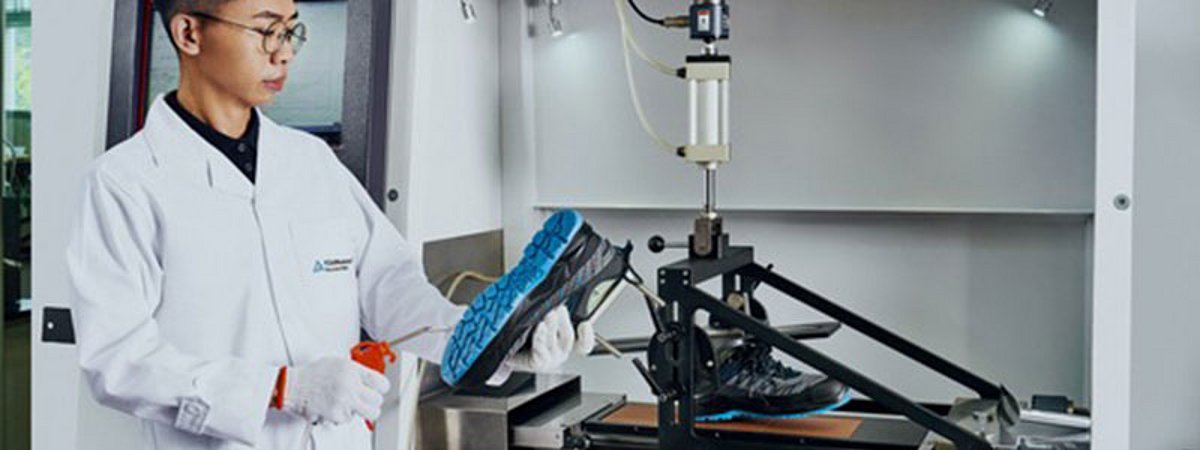PFAS restrictions: TÜV Rheinland informs

TÜV Rheinland explains the latest developments in EU restrictions on per- and polyfluoroalkyl substances (PFAS). These pose major challenges for European industry. Textile coatings, for example, could soon be affected.
The next meetings of the scientific committees of the European Chemicals Agency ECHA (RAC and SEAC) will take place in September. The PFAS restriction dossiers in the product categories textiles, upholstered furniture, leather, clothing and carpets will be discussed. The committees will also focus on food contact materials and packaging as well as petroleum and mining. "The range of affected products is therefore very broad. The topic is correspondingly far-reaching and significant for a large number of companies. TÜV Rheinland experts are therefore ready to prepare for the upcoming legal changes," explains Steffen Tümptner, expert at TÜV Rheinland. "The ban affects millions of products and thousands of companies, which should ideally react to the upcoming changes as early as possible in order to ensure the market conformity of their products and thus their competitiveness."
Per- and polyfluoroalkyl substances (PFAS) have been attracting wider attention for some years now. Due to their unique physical properties, some of them are indispensable in industry. They are characterized by their water and grease repellent properties, their ability to reduce friction and their high thermal and chemical stability, which makes them suitable for a wide range of applications. There are currently restrictions on various classes of PFAS, for example in Europe under the REACH Regulation or the POP Regulation. The extent to which PFAS will be banned for products or areas of application will be determined by the upcoming committee decisions. The current restrictions on the use of PFAS relate, among other things, to textiles and shoe materials with water- or dirt-repellent coatings. Legally regulated PFAS include PFOS, PFOA, C9-C14 PFCA or PFHxS, which may not be placed on the market in another substance, a mixture or an article according to the current regulations. The manufacturer, importer or user is obliged to provide proof of the measured fluorine content at the request of the enforcement authorities. TÜV Rheinland has been involved in testing various groups of chemicals for many years, knows the international limit values inside out and offers companies the opportunity to safeguard their products and supply chains accordingly and ensure more environmentally friendly and sustainable production. Test packages, training and on-site audits provide companies with the necessary tools to analyze their products, find suitable alternatives and ensure more environmentally friendly production.
